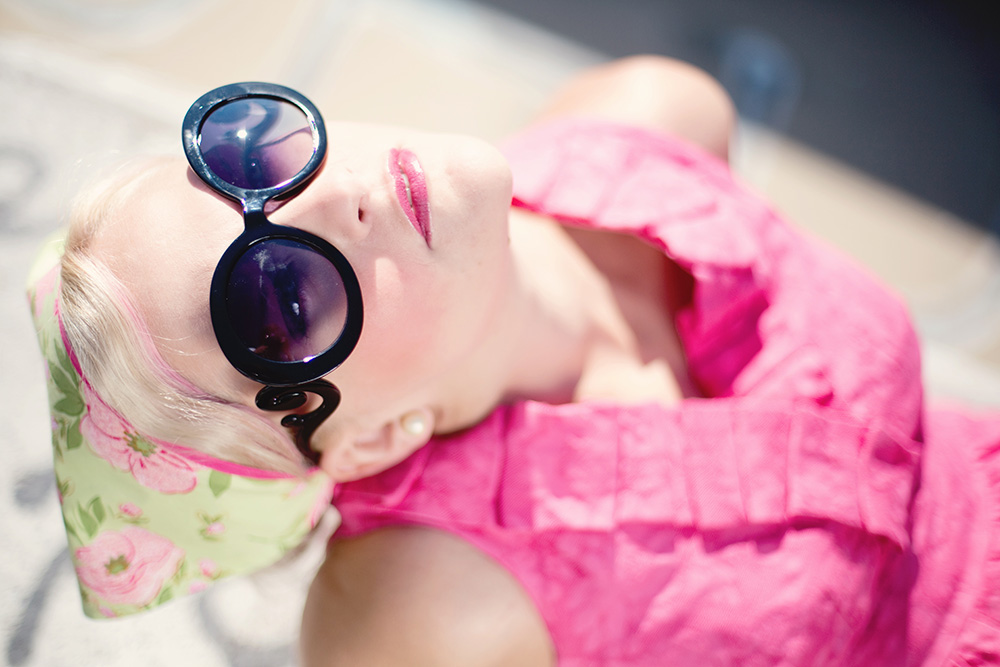Appointment Request
You can use this form to request an appointment.
Once received, we will check the form details and confirm appointment times with you.
We cannot guarantee an appointment without confirmation.
New Patient Registration
If you would like to register as a patient with YourGP, please fill in your details below and one of our team will be in touch.
Be sun safe this summer

Summer is here and many of us can’t wait to spend time relaxing in the sun.
However, while we all crave the healthy looking glow (and recommended intake of Vitamin D!) that comes with enjoying the sunshine, sunburn increases the risk of skin cancer at every age, so it’s important to stay safe.
Common sense sun safety
Staying safe in the sun is as simple as following a few common sense rules to keep you and your family safe. Always remember to:
- Spend time in the shade when the sun is strongest – The sun is at its most powerful between 11am and 3pm. Seek shade and protect your skin with a combination of extra clothing and sunscreen.
- Wear sunglasses – Exposing your eyes to the sun can result in a burn to the surface of the eye, even from reflected surfaces. Sunglasses protect your eyes from harmful rays (with the added benefit of looking good!)
- Cover up – There’s no safe or healthy way to get a tan, and it won’t protect your skin from the sun’s harmful rays. Cover up as much as possible when the sun is at its hottest; wide-brimmed hats and lightweight cotton clothing can prevent burning sensitive skin.
- Use sunscreen – During the summer, get into the habit of wearing sunscreen every day, even when it’s cloudy. It’s not just about avoiding burns; too much sun exposure can cause skin to age prematurely leading to wrinkles and sun spots.
Understanding SPF
SPF stands for Sun Protection Factor, a unit that measures the amount of UBV – ultraviolet B radiation – protection a product offers.
Sunscreens are rated on a scale of 2 to 50 based on their level of protection, though not all factors are created equal; SPF15 sunscreen will filter out 93% of UBV radiation, while SPF 30 filters out 96%, and SPF50 filters out an estimated 98%.
The star rating on the other hand measures a sunscreen’s UVA protection. The higher the star rating the better. In the EU, the UVA protection should be at least one third of the SPF value. You’ll know your sunscreen offers both UVA and UBV protection if it’s called “broad spectrum”.
Choosing the right sunscreen is only half the battle; most adults don’t apply enough sunscreen or reapply regularly enough.
If you know you’ll be in the sun for extended periods of time – enough that you might risk burning – apply 30 minutes before you go outdoors and again just before you leave. A good amount if you’re covering most of your body – for example at the beach – is roughly two tablespoons for your head, arms, neck and legs.
Water washes sunscreen off so reapply as soon as you’ve been in water – even if it’s labelled waterproof or water-resistant. And remember, we sweat more when it’s hot so it’s important to keep topping up for this reason too.
Protecting moles
Overexposure to sun increases the risk of developing skin cancer – in the UK, 2,000 people a year die from malignant melanoma.
Checking moles regularly can help you spot any warning signs of melanoma, as the first stage often sees a new mole appear or a change in an existing mole. The good news is, precancerous moles are very easy to treat – suspicious moles can be removed under local anaesthetic.
The earlier it’s treated, the better; if you are worried about your moles or notice any changes, book an appointment at YourGP.
From our clinic in Edinburgh we can undertake minor mole removal and help advise how to keep you an your family sun safe this summer. Use our online booking form to book an appointment, email our reception team at reception@your.gp or call us on 0131 225 5656.
The facilities and patient service are second to none. The treatment I received for my eczema was innovative, holistic and most importantly highly effective. My skin has responded to the treatment I was prescribed. I am delighted with the resultant, significant reduction in my symptoms. I was impressed by the caring, sensitive and professional treatment I received. This was in stark contrast to my experience at my usual GP and at private consultations with supposedly eminent and specialist dermatologists. Thank you.
